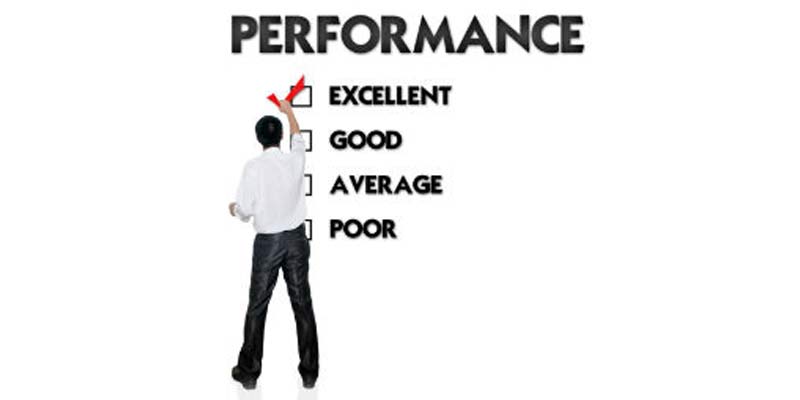Thomas, Karl, Steve, Martha, Matthew, Bill and so many others in the organization complained of work pressure, unachievable targets, peer pressure, time management and loss of work life balance. Despite working hard, their performance was going down and impacting organization’s bottom line.
Who is to blame for poor performance of employees and business? Ask line managers; they blame it on HR for poor hiring. Ask HR; they blame it on line managers for poor management skills. Ask me, I would say, the Axe???? Now you will ask what (the hell) an Axe has to do in performance management business? Let me tell you a small story…
Once upon a time, a very strong woodcutter asked for a job to a timber merchant, and he got it. The pay was good and so were the working conditions. For that reason, the woodcutter was determined to do his best. His boss gave him an axe and showed him the area where he was supposed to work. The first day, the woodcutter brought 18 trees “Congratulations,” the boss said. “Carry on that way!”.
Very motivated with the boss’s words, the woodcutter tried harder the next day, but he could bring only 15 trees. The third day he tried even harder, but could bring 10 trees only. Day after day he was bringing less and less trees. “I must be losing my strength”, the woodcutter thought.
He went to the boss and apologized, saying that he could not understand what was going on. “When was the last time you sharpened your Axe?” the boss asked. “Sharpen? I had no time to sharpen my Axe. I have been very busy trying to cut more trees for you.”
Yes, the ‘Axe’ has a lot to do in a performance management business. This “Axe” for better performance is an employee’s competencies and skills. In any organization the call to sharpen the Axe needs be taken by HR.
Ask yourself a question “Are employees working hard without proportionate results?”. If the answer is yes, then probably, it is time to examine your employee’s ‘Axe” and sharpen it. In highly competitive business environment, the gap between existing capabilities of employee and required capabilities to compete in the market place widens much faster. A business that cannot bridge these gaps gets wiped off (lot of examples are there).
What to do?
Step 1: Finding Blunt Areas
Like the supervisor in the story, you need to have an evaluation mechanism that can find the skill and competencies gaps in your workforce. This evaluation can be done by streamlining your performance management system so that it could provide better data on skill and competency gaps. These competency gaps extracted as output of Performance Management System should be used to design training and development programs.
Step 2: Sharpening Your Axe
Well-designed training programs (which are focused on developing skills and competencies necessary for a specific job) help you improve employees’ performance significantly and relieve them from work pressure. You can begin by identifying the training needs, managing course ware, co-coordinate with faculties, manage training facilities and obtain feed back from your trainees & their managers about the effectiveness of the program. For mid to large organizations, it is possible only if your HR is equipped with a Training Management tool that can keep the Axe sharpened all the while.
Next big question! Do you have an ‘Axe’ sharpener? What’s that!!!! Click to See.








